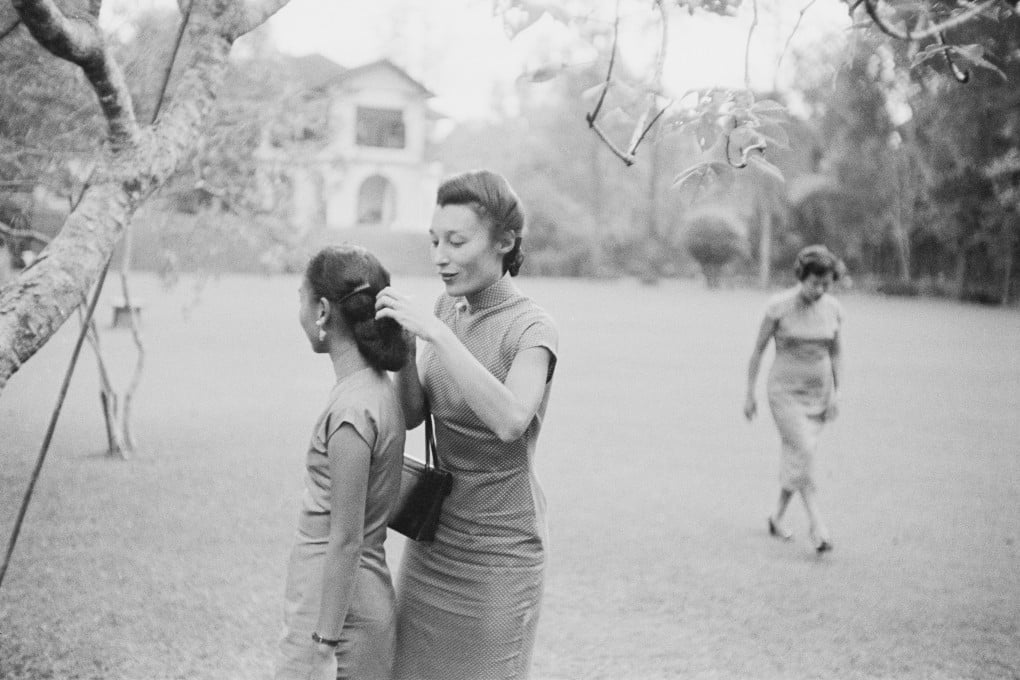Then & Now | In the past, some Eurasians would ‘pass’ as white to access the associated privilege
- Some Eurasians in colonial Asia so closely identified with their European side that their Asian heritage was consciously obscured
- Thankfully, today’s young people are less conflicted by the need for binary choices

Certain kinds of Eurasians in colonial Asia so closely identified with their European side that the Asian aspects of their heritage became deliberately, consciously erased. Tremendous energy went into mimicking their racial “betters” in terms of food, dress, recreations and – less happily – expressed prejudices and negative behaviour towards other “natives”. Closer access to economic and other advantages were the main drivers; if clinging to the coattails of privilege offered entry points to otherwise unachievable material advantages, then such motivations are understandable, if fundamentally sad.
In A Many-Splendoured Thing (1952), Eurasian author Han Suyin described a chance encounter with a Eurasian former school friend from north China. Walking on the street, “[…] a woman with yellow hair and a red dress with white spots turned to look at me. From the back a complete European, there was Chinese in her face behind the foreign way of making up and of moving her eyes and her mouth.”
Later, as they caught up over tea and cakes, “Suzanne” explained – with chilling realism – how “I look white, and until now I’ve passed. It’s made life easier; a bigger salary, my flat paid for. I wouldn’t get these privileges if I were only a Eurasian, or a Chinese.” This once-widespread term – to say someone “passed” for white – has, fortunately, largely passed into history. Likewise, the observation an individual “couldn’t pass”, which directly relegated them to “native” status, with all the implied inferiority, has also mercifully disappeared.
Personal-identity rejection was most pronounced in families that did not embrace their Asian heritage. Social class also seeped in; if the parents of a first-generation Eurasian were a Western sailor and a Chinese barmaid, then a complete escape from their hardscrabble milieu, and all the petty humiliations that came with it, was something to assiduously work towards.
Among the saddest were those who – having affected a permanent getaway – spent the rest of their lives making sure their tracks were covered. Oftentimes, family members who remained in Asia were cut off, especially those whose appearance “gave the game away”.
